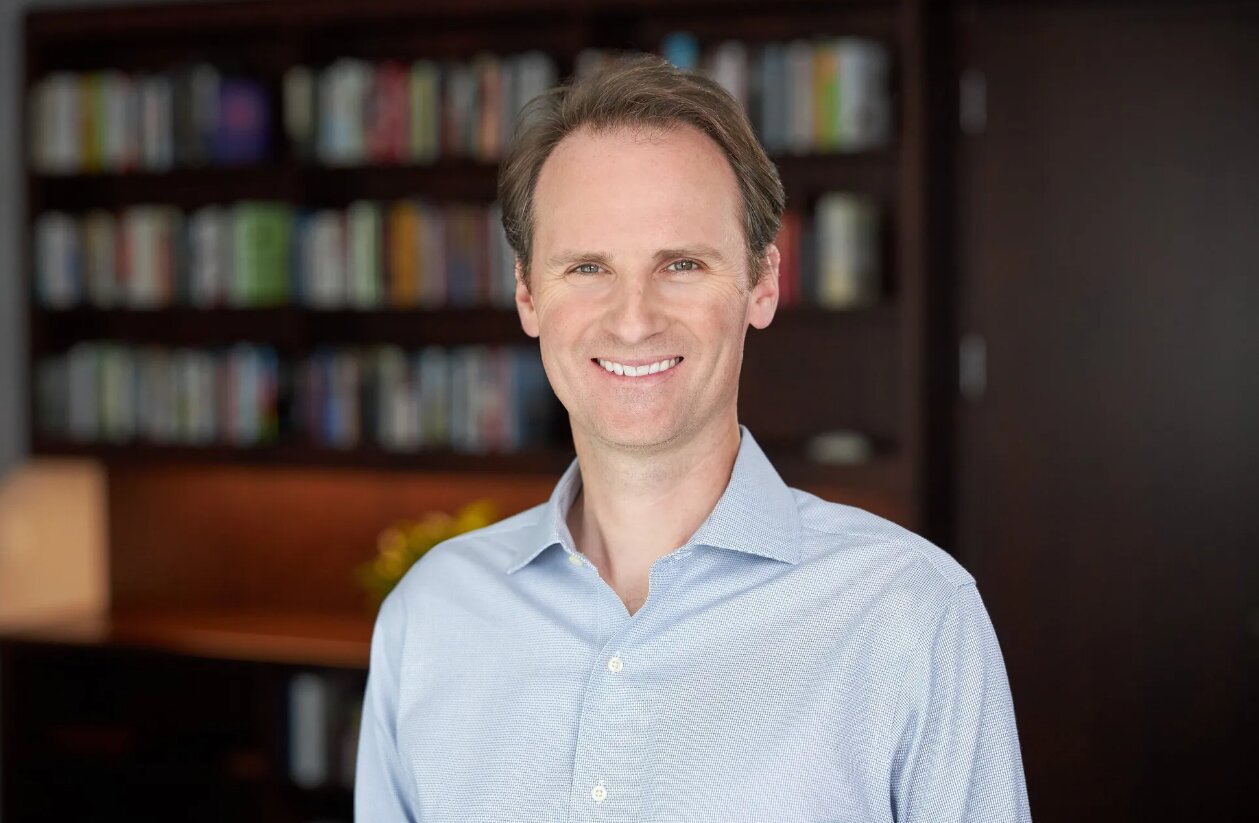
Efforts to save local journalism are receiving a major boost from a coalition of foundations pledging more than $500 million to sustain and grow local coverage.
Called Press Forward, the coalition launched Thursday (Sept. 7) with 22 philanthropic organizations so far. It’s spearheaded by the Chicago-based MacArthur Foundation, known for its “genius” grants.

The announcement said Press Forward intends to “re-center local news as a force for community cohesion; support new models and solutions that are ready to scale; and close longstanding inequities in journalism coverage and practice.”
Most local journalism is provided by newspapers, which lost 70% of their staff since 2005 as their business was disrupted by technology and changing consumer habits. More than 2,000 closed and many of the remaining 6,000 or so have scant coverage, creating “news deserts” across much of America.
To address this crisis, MacArthur President John Palfrey led an effort over the last year to build the coalition and gather ideas for saving local journalism.
“One of the pitches I’ve made and others have made in this process is to say to every funder, whatever the issue is that you’re funding — climate, racial justice, health, democracy — journalism should be your number two topic,” he said in an interview. “Without having a shared set of facts, without having community engagement and a diverse group of people telling it, a diverse group of communities being covered, we can’t have any of these other things that we need in a democracy.”
MacArthur is providing $150 million over five years, as is the Miami-based Knight Foundation. Some grants could be made this year but most are expected to begin in 2024.
As I wrote about in an Aug. 30 column, a larger goal is to catalyze further support for journalism by charitable groups, local communities and individuals in all 50 states.
“That’s a whole lot of communities that have to step up but just like arts and culture, just like education, just like hospitals, we need to see journalism as something we support philanthropically,” he said. “That’s a big mindset shift … I’m spending all my time fundraising right now so that we can get this message through, that we all need to be in the business of funding local media.”
Palfrey provided more details in our conversation. Here are edited excerpts.
Question: What will success look like in five years and how do you plan to measure it?
Palfrey: This is a big tent effort so there will be a number of things we’re looking at. One will be, have we brought new funders in to support journalism. We have on this list, and we will have more, people who see funding journalism as a part of their philanthropic mission. (Growing) that number and that amount is part of the goal.
We have to focus on the news deserts in our country. We have to focus on those communities that don’t have local news providers that are reliable and civic minded. Either reducing the number of news deserts or reducing the decline in the amount of coverage is key.
At MacArthur Foundation and for many of our partners, the diversity of those who are doing the work, the journalists, is essential and the breadth of the communities that are covered and covered well is an essential factor. There will be others that we track but those are a few that are top of mind as we get going.
Q: How might you catalyze support in underserved areas that don’t have resources? Even $500 million won’t go that far to reach all of those places.
A: Of course you’re identifying the hardest part of the problem. It’s hard enough in Seattle or Chicago to galvanize the funding that’s necessary to sustain a Seattle Times or The Sun-Times of Chicago. That is what we’re doing in our own hometown and I’m glad that others are doing it. Seattle, you all do an amazing job. Doing so in, for instance, rural news deserts of the American South is where it’s going to be trickier. I think part of it is to raise national money to help match and fill some of those gaps.
Q: Press Forward’s release says it won’t be ideological. How will you overcome ideological divides among journalism advocates? Some oppose supporting for-profit outlets even though they provide by far the most local coverage.
A: Press Forward is independent of ideology and within the big tent we’ve created, the 22 funders, we have a variety of viewpoints. That means there will be a variety of funding approaches within Press Forward. Our approach has been to take a very broadly inclusive view at this stage in this initiative, really to be encouraging people to support local news.
Q: How do you feel about supporting for-profit outlets?
A: I am open to it, as MacArthur, as a possibility. I’m pretty sure that if you talk to Knight Foundation that they are too and have funded some for-profit newsrooms along the way. One of the reasons that we’re putting on the table the possibility of impact investments is because we can use debt and equity in those ways. I am open to whatever ideas are going to work and then we’ll figure out whether it’s appropriate for us to fund them or not.
Now, it may be that for most for-profits it should be capitalists who want a return on their investment who should be investing in it. We might encourage that. To my mind the answer is not about saving this or that, or having a doctrinaire viewpoint, it’s about the end result. Are we in fact informing community, are we supporting individuals and families in being able to participate in democracy? It’s less about who does it.
Q: Will Press Forward support the Journalism Competition and Preservation Act, enabling publishers to collectively bargain content deals with tech giants? That could provide billions for local news.
A: It’s very unlikely that Press Forward as a tent will take a position on anything, really, other than we need to support local news. I’m open to all these ideas as possibilities. I think the Australian-style approach has real merit potentially.
Q: Are you concerned that members of Congress may think they no longer need to help save local journalism because nonprofits are handling it?
A: Obviously that would be a misreading by any member of Congress, a dangerous misreading. I’m hopeful that it’s not how anybody would see it. This is not the be all and end all — $500 million is a lot of money but it is a down payment on a problem that requires much more to address it. I think it’s almost certainly billions of dollars a year to meet the local news needs of our country.
Congress has a role to play, philanthropy has a role to play, you all in the news business have a role to play and each of us as people who should be subscribers and members has a role to play. Community foundations and businesses have a role to play — everybody has a role to play. This is democracy: That’s the point.
Brier Dudley on Twitter: @BrierDudley is editor of The Seattle Times Save the Free Press Initiative. Its weekly newsletter: https://st.news/FreePressNewsletter. Reach him at bdudley@seattletimes.com.